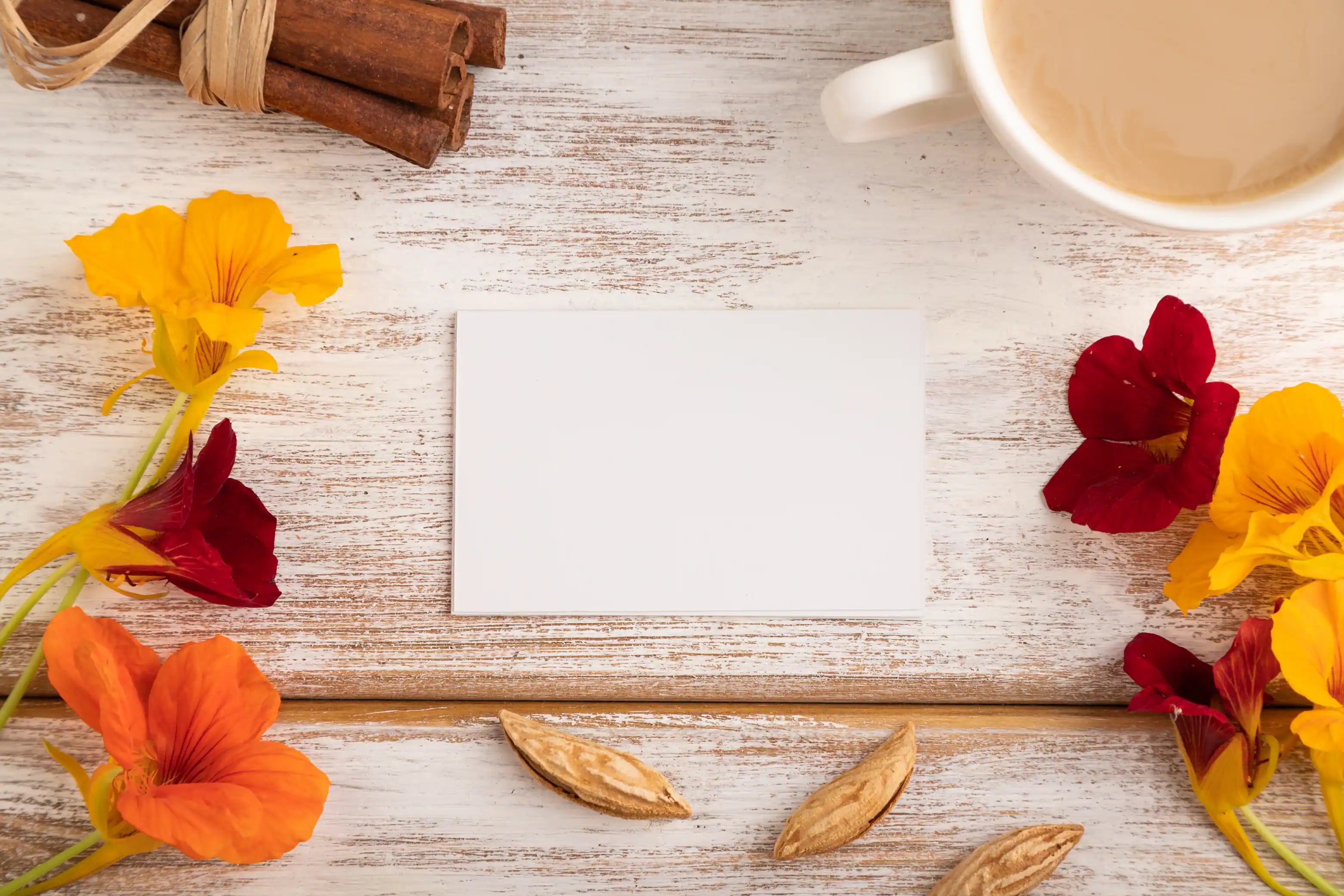
What Is Intentional Living? A Complete Guide to Feeling More Like Yourself
Last updated: October 2025
I used to think intentional living meant having the perfect morning routine.
The whole 9 yards: meditate for 20 minutes, journal with perfect handwriting, drink lemon water while watching the sunrise and maybe the face dunk or 2 in an ice bath. The kind of life that looks beautiful on Instagram but feels impossible when your alarm goes off and you're already running late.
After years of trying to force myself into these rigid routines, I discovered something that changed everything for me.
Intentional living isn't about perfect habits. It's about making conscious choices.
What Intentional Living Actually Means
Intentional living is about feeling more like yourself in your day to day life. Not when everything's going perfectly, but in the middle of morning chaos, difficult conversations, and the three seconds before you respond to the text that made your blood pressure spike.
It's the practice of catching yourself before you react from old patterns and choosing a response that feels authentically you.
The difference between intentional living and going through the motions? The space between what happens to you and how you respond.
Why "Feeling More Like Yourself" Matters
Most definitions of intentional living focus on aligning with your values or living with purpose. While that's part of it, I've found there's something deeper happening.
When you live intentionally, you experience moments of coming home to yourself. That feeling when you pause before reacting and choose curiosity over defensiveness. When you say no to something that feels heavy instead of yes out of guilt. When you notice you're rushing and consciously slow down.
Quite the contrary to grand gestures, these micro-moments of self-recognition where you think, "Yes, this feels like me."

What Intentional Living Looks Like in Real Life
Intentional living is about transforming ordinary moments into opportunities for conscious choice.
Before work meetings: Taking one conscious breath instead of rushing from task to task
During difficult conversations: Pausing to ask "What would care look like right now?" instead of immediately defending yourself
While eating: Actually tasting your food instead of scrolling through your phone
When someone cuts you off in traffic: Noticing the anger arising and choosing not to let it ruin the next fifteen minutes of your day
Before bed: Reflecting on one moment when you felt most like yourself instead of replaying everything that went wrong
Setting a boundary: Saying "Let me think about that" instead of automatically saying yes when you mean no
Notice how none of these require extra time or perfect conditions. Intentional living works within the life you already have.
How to Start Living Intentionally Today
The biggest mistake one can make is trying to change everything at once. Intentional living begins with simply noticing the choice points that already exist in your day.
Start With Awareness, Not Action
Before you try to change anything, spend a few days simply observing:
Body awareness: Where do you hold tension? How does your breathing change when you're stressed?
Emotional patterns: What triggers you? How do you typically respond?
Choice points: When do you go on autopilot? Where do you have more influence than you realize?
Use Your Existing Routines as Anchors
Instead of adding new habits, transform moments that already exist:
First Sip Shift: Use your first drink of the day to set a gentle intention for how you want to feel
Screen Pause: Take one conscious breath before unlocking your phone
Doorway Reset: When crossing thresholds, pause to choose how you want to arrive
Mirror Moment: Make eye contact with yourself and offer one kind thought
Transition Breath: Between tasks, take one conscious breath before moving to the next thing
Micro-Moments of Presence
Look for the smallest possible moment where you can choose presence over autopilot. These micro-moments add up to a completely different way of being.
Examples:
-
Pause for 3 seconds before responding to texts
-
Notice one thing you're grateful for during routine tasks
-
Take one conscious breath before eating
-
Ask "What does care look like right now?" when you're being hard on yourself
Take the smallest steps that feels doable right now. Make is so small that it feels silly to say no to it.
THE BLINK METHOD: A FRAMEWORK FOR INTENTIONAL LIVING
At BlinkGood, we've developed a four-phase framework that helps you practice intentional living daily:
1. Intention: Begin your day with clarity about what matters
2. Connection: Ground in the present by making the intention personally meaningful
3. Action: Take one small step aligned with your values throughout the day
4. Integration: Reflect on what shifted and what you learned
This isn't another rigid routine to force yourself into. It's a natural rhythm that works within your real life.
Learn more about The Blink Method
HOW THE BLINK DECK SUPPORTS INTENTIONAL LIVING
The Blink Deck gives you daily architecture for practicing intentional living without adding elaborate routines:
Morning
- Pull one card with a grounding practice and intention
- Reflect on what this intention means for you today
- Notice what comes up without forcing positivity
Throughout the day:
- The card moves with you, offering examples of real-time situations as gentle reminders
- A wooden token serves as a tactile reminder to pause
- Practice catching yourself before reacting from old patterns
Evening:
- Reflect on moments when you felt most like yourself
- Notice what shifted when you chose consciously
- Integrate what you learned
30 unique intentions across six pathways:
- Deep Presence (grounding and awareness)
- Embody (strength and self-compassion)
- Elevate (resilience and growth)
- Wonder (awe and joy)
- Belonging (connection)
- Thrive (purpose and momentum)
When an intention resonates deeply, stay with it for days or weeks. When one doesn't land today, skip it for a different day.
No streaks. No badges. No performance pressure.
Physical cards that integrate into your actual day—not an app demanding your attention, not a routine requiring perfect conditions. Just honest practice for feeling more like yourself.
Remember: You don't need perfect conditions to live intentionally. You just need the next conscious breath, the next mindful choice, the next moment of coming home to yourself.
Your next opportunity for intentional living is waiting in whatever happens next.



Leave a comment
This site is protected by hCaptcha and the hCaptcha Privacy Policy and Terms of Service apply.